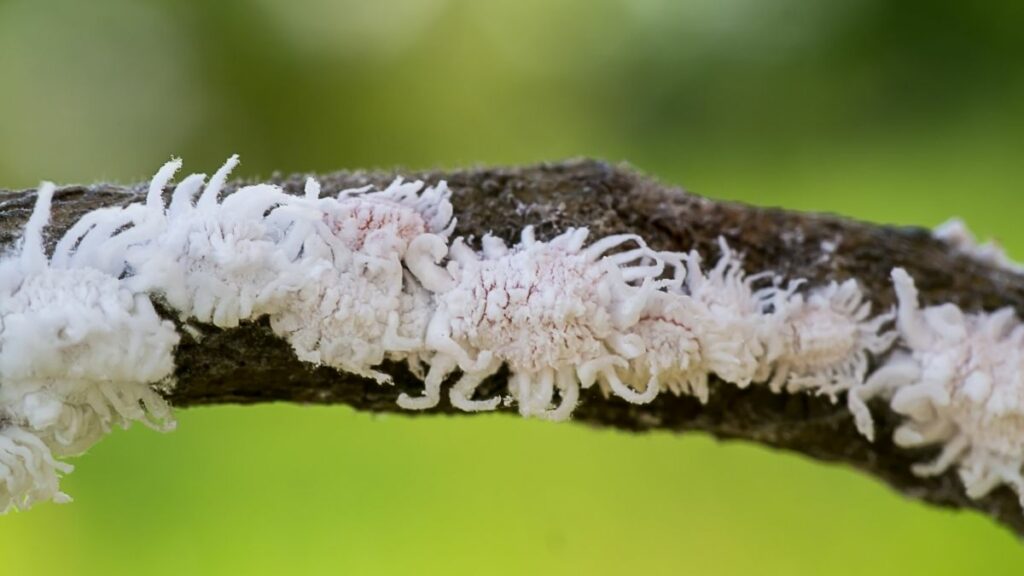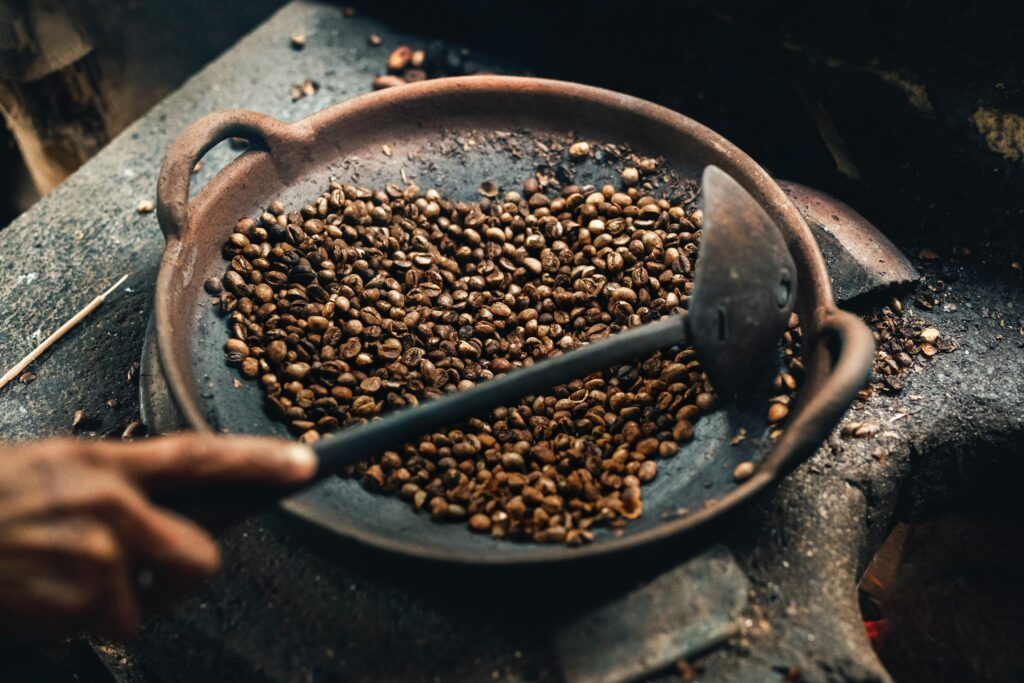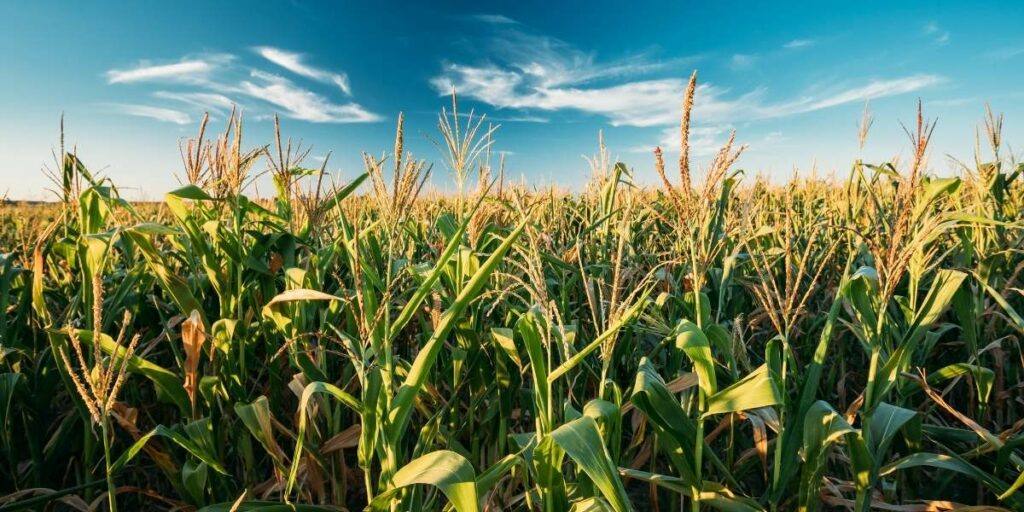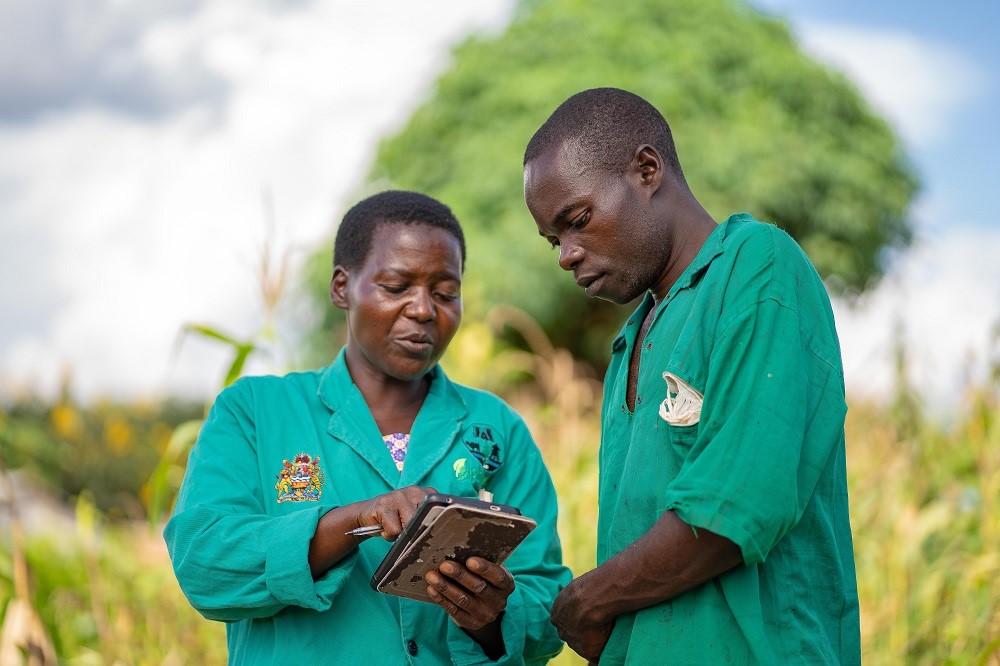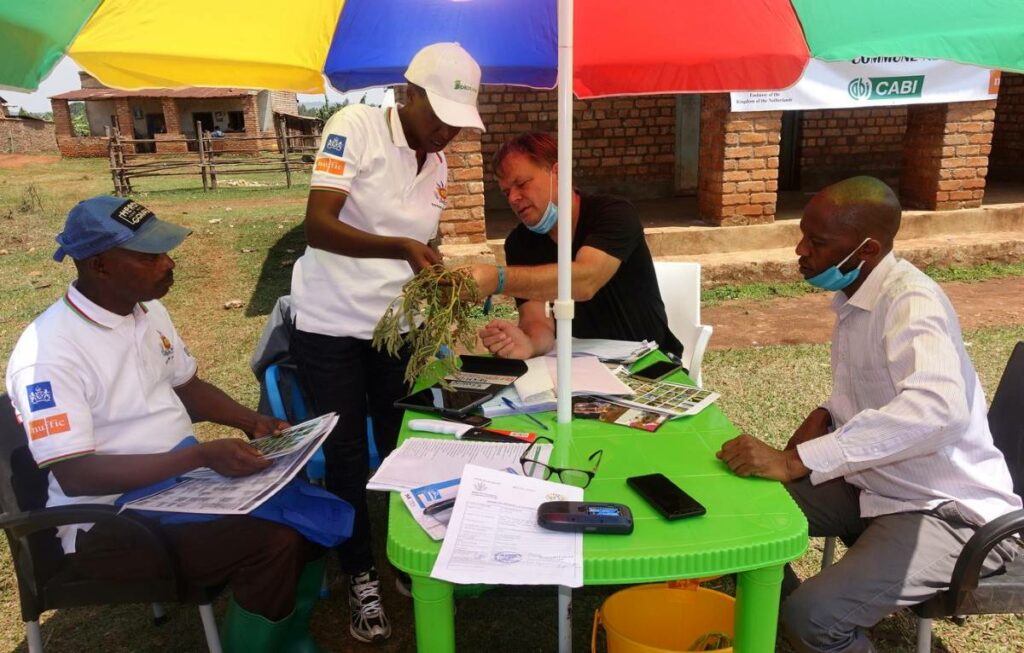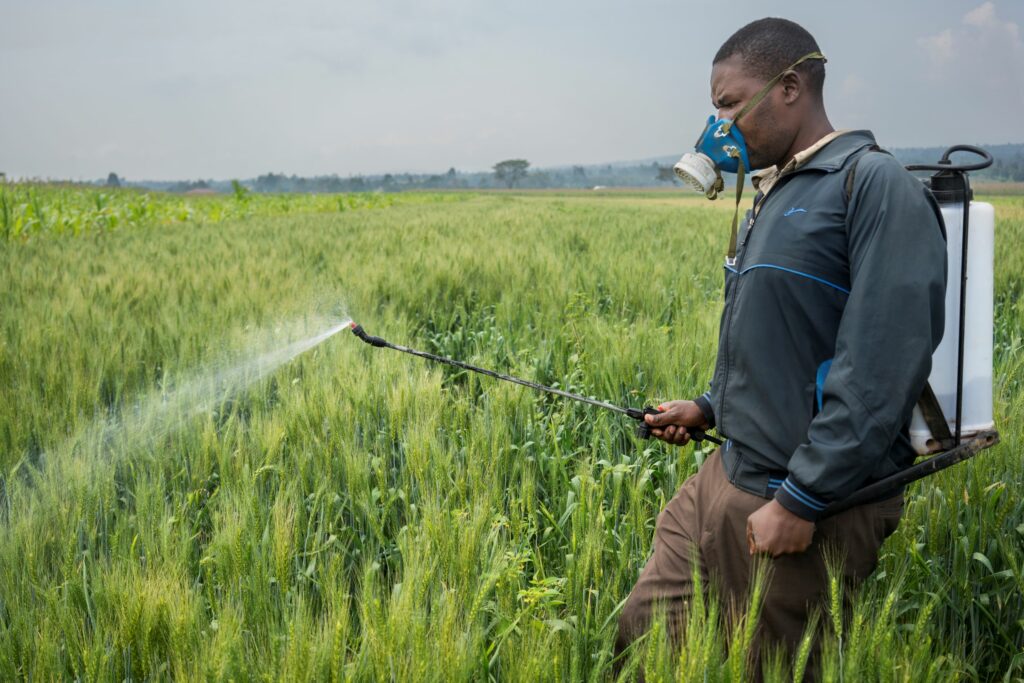Pest Risk Analysis workshop: spotting Pakistan’s potential invaders
Invasive species can cause enormous damage, affecting biodiversity, the environment, and people in invaded areas. They disproportionately affect communities in poor rural areas; people who depend on natural resources and healthy ecosystems to make a living. It is widely accepted that prevention is better than cure, however, how do you work out which species pose…
Update: New Pest & Disease Records (6 December 2021)
We’ve selected a few of the latest new geographic, host and species records for plant pests and diseases from CAB Abstracts. Records this month include the first report of the smut pathogen on teff in Ethiopia and the first report of Diaporthe fusicola causing leaf blotch of Osmanthus fragrans in China.
Threats to Coffee Production: What are they and the solutions?
The global coffee industry cultivates over $100 billion in revenue with the world’s population consuming over 500 billion cups per year. Yet with this huge global industry, the coffee we drink today is extremely vulnerable. Out of the 124 species of coffee plants found throughout the world, only two are used to produce commercial coffee,…
Conservation farming: can it offset fall armyworm’s impact?
Conservation farming has been promoted in sub-Saharan Africa as a way to potentially improve yields while conserving the environment. Farmer livelihoods are increasingly threatened by climate change, declining soil fertility, land degradation, pests, and diseases. Finding sustainable farming methods that address these challenges is key to feeding a growing population.
Maize Lethal Necrosis Disease – the invasive threatening maize
Maize lethal necrosis disease (MLND) was first identified in Peru in 1973. Since then, the disease has spread rapidly to other parts of Latin America and the USA. In Africa, the disease was first reported in Kenya in 2011. By 2014, it had spread to other countries in East Africa including Tanzania, Rwanda, South Sudan,…
Benefits of Pest Risk Information Service highlighted at CODATA Virtual SciDataCon
The benefits of the CABI-led Pest Risk Information Service (PRISE) in helping smallholder farmers mitigate crop pests outbreaks, thereby boosting their yields and livelihoods, have been highlighted at the CODATA Virtual SciDataCon 2021.
Plantwise Knowledge Bank Country Resources – What’s available?
The Plantwise Knowledge Bank (PWKB) is a free online resource that gathers plant health information from across the world. Over 15,000 pieces of content, which include, pest management decision guide’s (PMDG), factsheets for farmers (PFFF), species pages, photo sheets, manuals and video factsheets in over 100 languages.
Plantwise Burundi: building extension skills and resources
The role of extension staff in reaching smallholder farmers with relevant agricultural information is key to enabling them to grow more and lose less to crop pests and diseases. The advice given on agricultural practices helps to improve crop quality and yield and to sell agricultural produce for better prices.
Successful PRISE-FRT radio campaign promotes IPM to farmers in Malawi
The PRISE project has carried out a successful radio and SMS campaign targeting maize, tomato and bean smallholder farmers in Malawi. In collaboration with Farm Radio Trust (FRT) the campaign was developed in late 2020 to disseminate the PRISE pest alert forecasts to rural farmers in Mchinji and Balaka districts and promote the uptake of…
Three policy recommendations to reduce pesticide risk
Pesticides can provide rapid means of controlling pests and prevent crop losses, but they can also pose a major risk to humans, animals and the environment. A recent research paper, led by CABI’s Dr Justice Tambo, examined whether plant clinics can reinforce the judicious use of pesticides among farmers in Rwanda and Zambia. It also…

